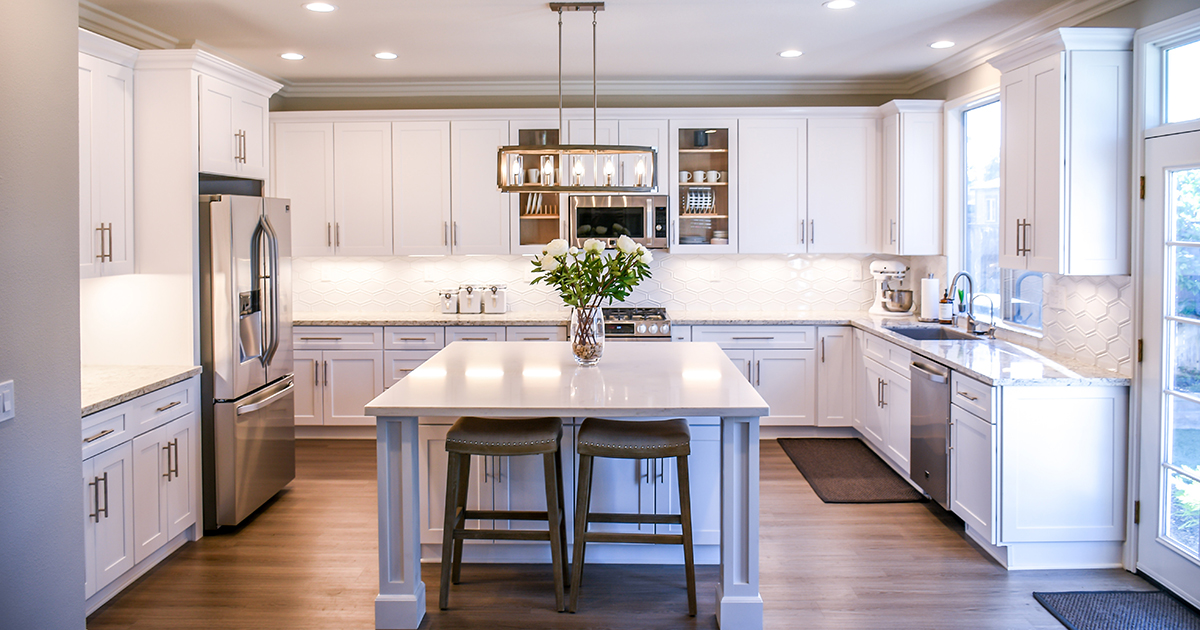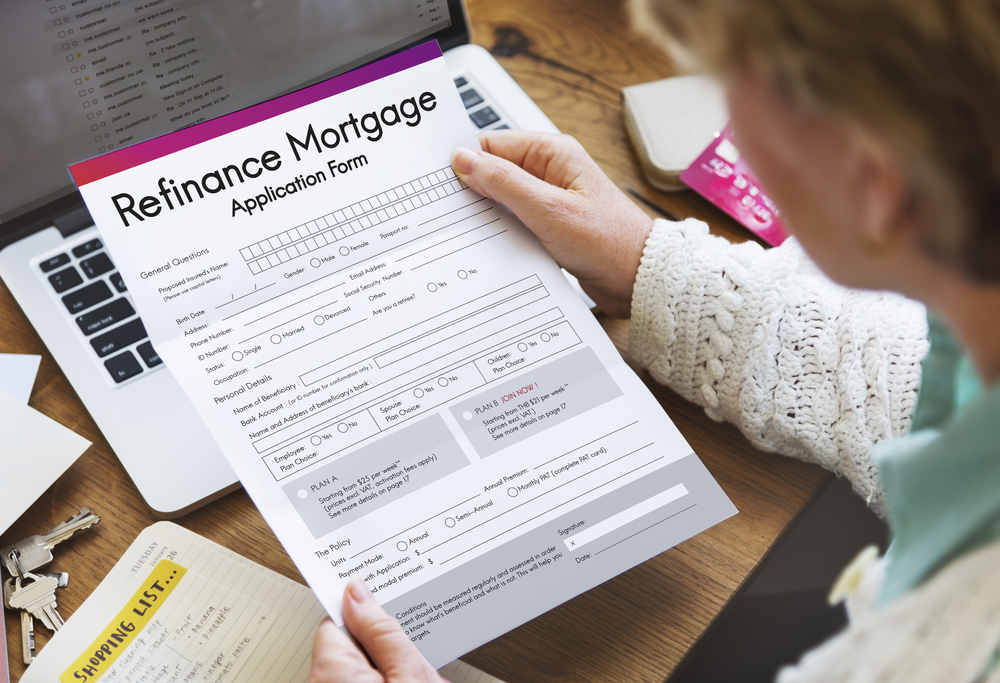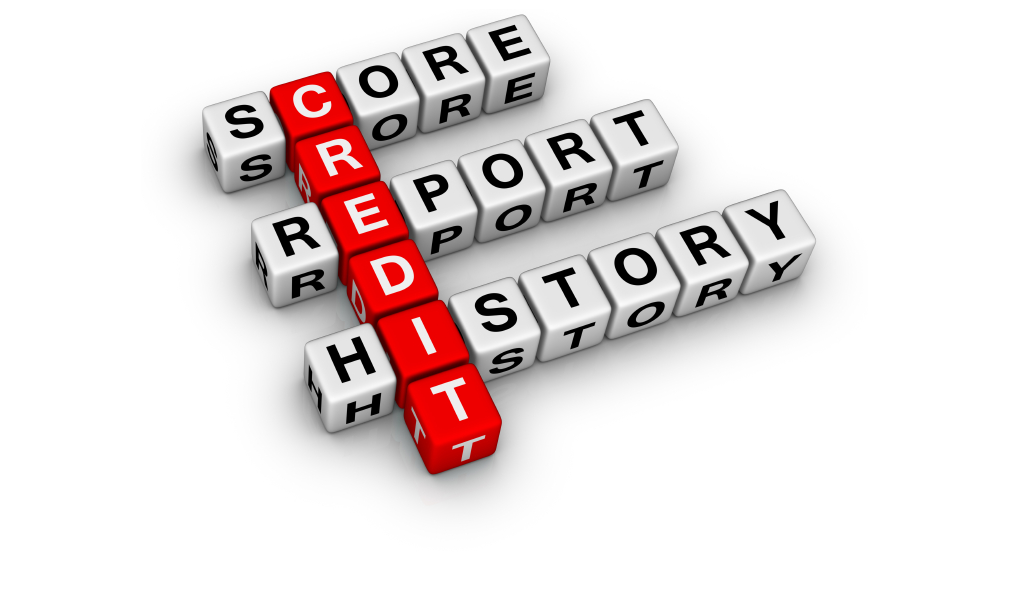5 Things to Know About Mortgage Loans and Bad Credit KG TEST
Believe it or not, your credit doesn’t have to be stellar to get a mortgage. Many banks and mortgage lenders only extend mortgage loans to applicants with at least a 640 credit score. However, not all lenders are created equal.
And it is possible to get a home loan with what a score below 600, which is considered bad credit. The “but,”bad credit is going to cost you in higher interest payments.
What Credit Score Do I Need to Get a Mortgage?
The answer depends on the mortgage. There are two main types of mortgage loans:
- Conventional loans—loans not secured by a government agency and issues by private lenders
- Federal Housing Administration, or FHA loans—loans issued by private lenders but guaranteed by the Federal Housing Administration
Some lenders offer conventional mortgages to consumers with a credit score of just 620. Other lenders go even lower, but the process for getting a mortgage with a low credit score can be difficult and involve thorough explanations of your credit history.
For FHA loans, some lenders go as low as 580, with just 3.5% in equity. However, some folks can get a new mortgage or even do a cash-out refinance with a credit score as low as 550—but there’s a catch. You’ll need at least a 10% equity position meaning you need 10% down when buying a home or 10% equity when refinancing.
Keep in mind, though, not all lenders extend a home loan to someone with a bad credit score. Whether they do or not depends on the lender’s tolerance for risk. From an underwriting perspective, poor credit indicates a higher risk of default or not paying the loan. The more risk a bank is willing to take on, the higher your chances of getting approved with a not-so-hot score. You can see where you currently stand by viewing your free credit score on Credit.com.
Here are some things to keep in mind if you have a low credit score and are shopping for a mortgage.

1. It’s a Good Idea to Build Your Credit if Needed
If your credit score is below 620, you may want to build it up before starting yoru mortgage approval process. If your score is at least 620, you’ll have an easier time getting a mortgage. Hitting that threshold—and above—also gives you access to better mortgage rates and terms. Plus, it will keep you from going through the type of scrutiny a lower credit score bracket can require. You can generally improve your credit score by disputing errors on your credit report, paying down high credit card balances and getting any delinquent accounts back in good standing.
2. Down Payment Assistance Will Be Hard to Come By
Down payment assistance programs gives borrowers access to money to use for a down payment on a new home as long as they qualify for the program. To be eligible for down-payment assistance, a borrower typically needs a credit score that falls between 620 and 660. To qualify for down payment assistance of 5% of the home value, the credit score needs to be 661 or higher. You can expect this across the board with most banks and lenders.
It’s reasonable to assume you’re ineligible for assistance programs if your credit score is less than 620.
3. Previous Short Sales, Bankruptcies or Foreclosures Are Subject to “Seasoning Periods”
Having a short sale, bankruptcy or foreclosure on your credit report impacts your ability to get a mortgage. There’s typically a three-year waiting period—also known as a “seasoning period”—before you can qualify for a mortgage after you’ve been through a foreclosure or short sale. The waiting time after bankruptcy is two years. There are some loan programs that have shorter seasoning periods. For instance, VA loans can get approved two years after a foreclosure.
4. Higher Debt-to-Income Ratios Make It Harder
FHA loans allow for debt-to-income ratios that exceed 54%. That’s if your credit score is 640 or higher. That’s not to say a credit score of 620, for example, won’t work qualify for an FHA loan. It’s almost a guarantee, though, that if your credit score is less than 600, you’re going to have a difficult time getting a loan approved if your debt-to-income ratio is any higher than 45%.
5. Cash-Out-Refinancing Is On the Table
This is a big one. If you already own your home, you can use your home equity to improve your credit. How? With a cash-out refinance with your home. A cash-out-refinance lets you pay off installment loans and credit cards, which often carry higher interest rates than a home loan. Wrapping installment loans into a home equity loan payment can save you significant money, and it’s an option for borrowers with lower credit scores. Some lenders will do a cash-out refinance for borrowers with a credit score as low as 550, as long as they have at least 10% equity in the house.
However, if this is something you’re considering, be sure to read the fine print and crunch the numbers to determine if you’ll come out ahead. Cash-out re-fis require you to pay closing costs. And bad credit might not merit a low enough interest rate to make this move worthwhile. You’ll also want to make sure a new or higher monthly mortgage payment is something you can handle.
Mortgage Lender Options for People with Bad Credit
Rocket Mortgage and Quicken Loans. Quicken Loans requires a minimum credit score of 580 with a 3% down payment. It’s a great option for borrowers who would rather do mortgage loan research online. Quicken Loans offers FHA, VA and USDA loans and can tell you how much you qualify for in just minutes through its self-service system. They don’t offer home equity loans.
CitiMortgage. If you want a more traditional lending option, consider CitiMortgage. It offers down payment options and flexible credit guidelines for those with low or subprime credit scores. If you’re a Citibank member, you also have access to discounts. CitiMortgage offers mortgages in all fifty states. There’s an application fee along with origination fees and you can’t complete the entire loan process online.
J.G. Wentworth. J.G. Wentworth requires a minimum credit score of 580 with a minimum down payment of 3%. It offers an automated way to secure a mortgage online for those with less-than-perfect credit. Its soffer FHA, VA and USDA home loans with a variety of term options. It doesn’t offer equity loans or lines of credit and only has physical locations in 14 states.
Navy Federal. Another national mortgage lender, Navy Federal is reserved for military veterans and their families. It takes FICO scores into consideration as well as rent, utility and credit card payments, went approval mortgage loans. It offers lower minimum loan amounts and there’s an online application available for convenience. You can’t apply for a mortgage loan through the mobile app and you can’t track or secure uploaded documents.
Subprime Mortgage Loans
A subprime mortgage loan comes with a much higher interest rate than you can get with conventional loans, which are accessible only to people with higher credit. Conventional loans can also be set up to be adjustable rate mortgages (ARMs) with promotional interest rates that are lower than they will be after the promotional period is over.
Be wary of the change in interest rate that can come with an ARM. While the promotional introductory rate might be nice. After it’s over, the monthly payments can become too much to handle. It’s in your best interest as a borrower with less-than-perfect credit to stay away from loans that put you at financial risk. Instead, opt for mortgage lenders that work with your credit score and offer you financing at lower interest rates.
Remember, just because you can technically get a mortgage with bad credit, doesn’t mean it’s the best move for you. You may want to improve your credit standing, lower your debt-to-income ratio and bolster your down payment funds before hitting up the housing market. If you’re currently looking for a home loan, be sure to ask prospective lenders or mortgage brokers lots of questions to find the best deal you can get.
Article was originally published on Credit.com








